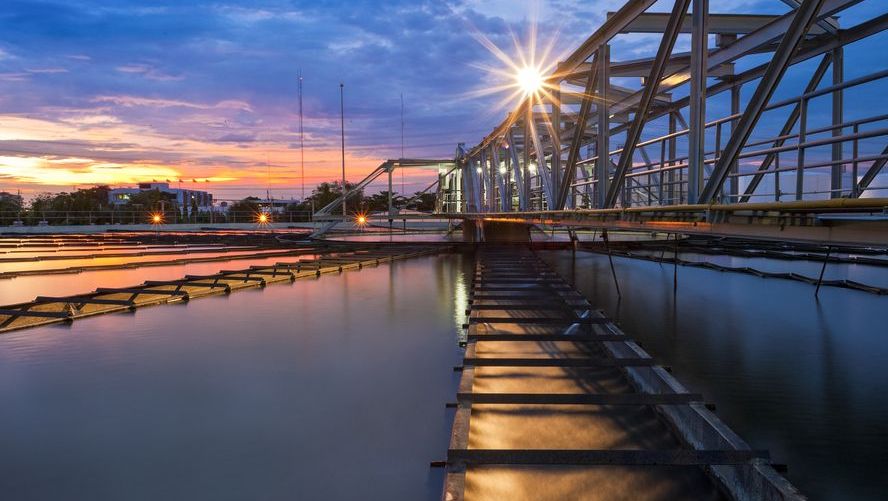
17/07/2023 0 Comments
Unlocking Clean Water: The Power of Water Treatment Systems
How do water treatment systems effectively remove contaminants and impurities from water sources to ensure their safety for consumption?
What technologies and processes are employed by water treatment systems to enhance water quality, taste, and appearance, making it more appealing for consumption? Or what ways do water treatment systems contribute to environmental sustainability and water conservation through the treatment and reuse of wastewater? Our Paddy Butler Water Pumps team has compiled all the answers you need about water treatment.
Water Treatment
Clean and safe water is a fundamental necessity for our well-being and survival. However, the availability of clean water is increasingly threatened by pollution and contaminants. This is where water treatment systems come into play. Water treatment systems employ advanced technologies to purify water, removing impurities and ensuring its safety for consumption. This article will explore three key points highlighting the significance of water treatment systems and their crucial role in providing clean water for our communities.
How can water treatment help remove contaminants and impurities?
Water treatment systems are designed to remove many contaminants and impurities from water sources. These can include bacteria, viruses, sediment, chemicals, heavy metals, and other harmful substances that may pose health risks. Through a series of processes such as filtration, sedimentation, disinfection, and chemical treatments, water treatment systems effectively eliminate these contaminants, ensuring the water is safe and clean for consumption. By removing impurities, water treatment systems protect public health and prevent waterborne diseases.
How can water treatment enhance water quality and taste?
Water treatment systems not only eliminate harmful contaminants but also enhance the overall quality and taste of the water. Some water sources may have an unpleasant odour, taste, or discolouration due to natural minerals or artificial pollutants. Water treatment systems can address these issues by utilising activated carbon filters, reverse osmosis, or other specialised technologies to improve the water's taste, odour, and appearance. By enhancing water quality, treatment systems make it more appealing for consumption, encouraging people to stay hydrated and ensuring a better overall drinking experience.
How is water treatment involved in safeguarding the environment and conservation?
Water treatment systems are vital in safeguarding the environment and promoting water conservation. By treating and reusing wastewater, these systems help minimise the strain on freshwater sources. Through advanced treatment processes, water treatment systems can remove contaminants from wastewater, making it safe for reuse in irrigation, industrial processes, and even replenishing natural water bodies. This reduces the demand for freshwater and preserves this valuable resource. By utilising water treatment systems, we contribute to a more sustainable approach to water management, promoting environmental stewardship and long-term water conservation.
Water treatment systems are essential in our pursuit of clean and safe water. They remove contaminants and impurities, enhancing water quality and taste while protecting public health. Additionally, these systems contribute to environmental sustainability by promoting water reuse and conservation. As we face water pollution and scarcity challenges, investing in robust water treatment systems becomes paramount. By prioritising implementing these systems, we can ensure that communities have access to clean and safe water, supporting their health, well-being, and overall quality of life. Let us embrace the power of water treatment systems and work together to secure a future where clean water is a reality for all.

Comments
Leave a comment